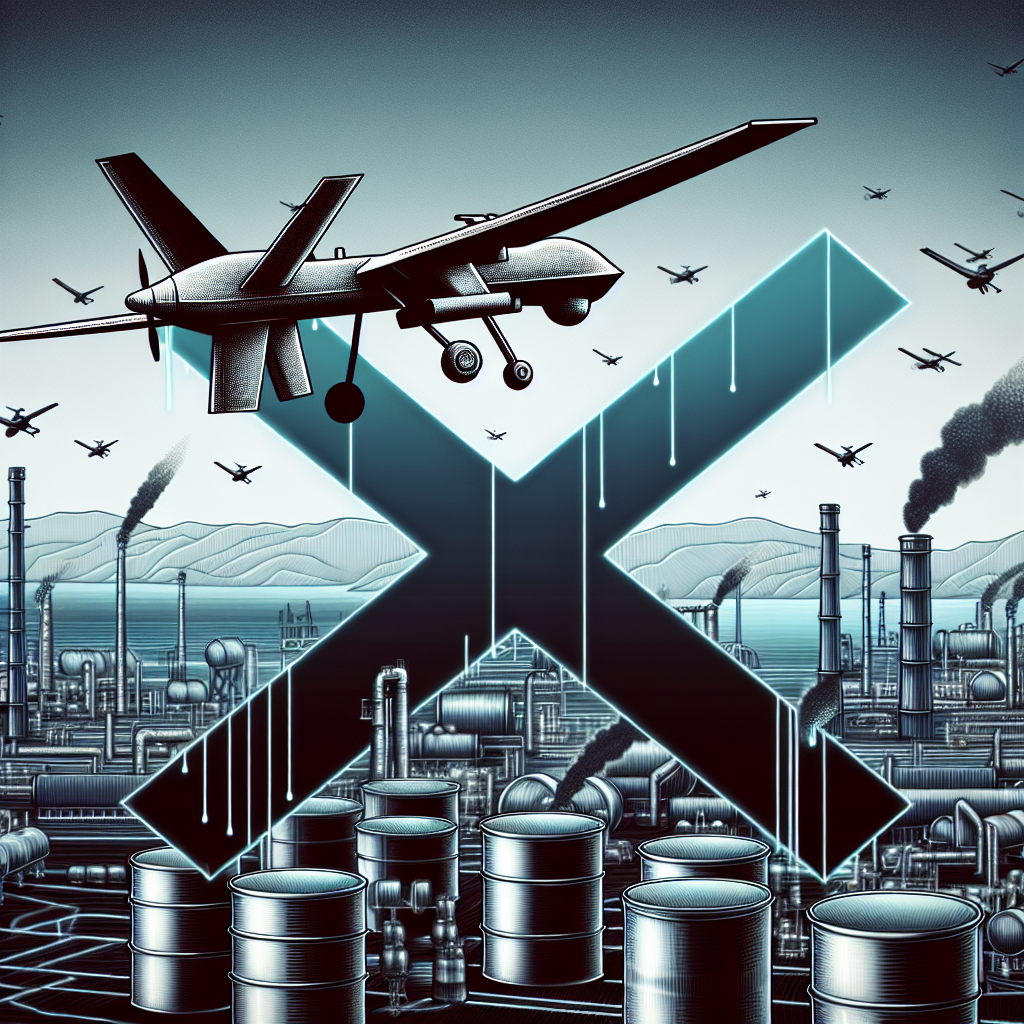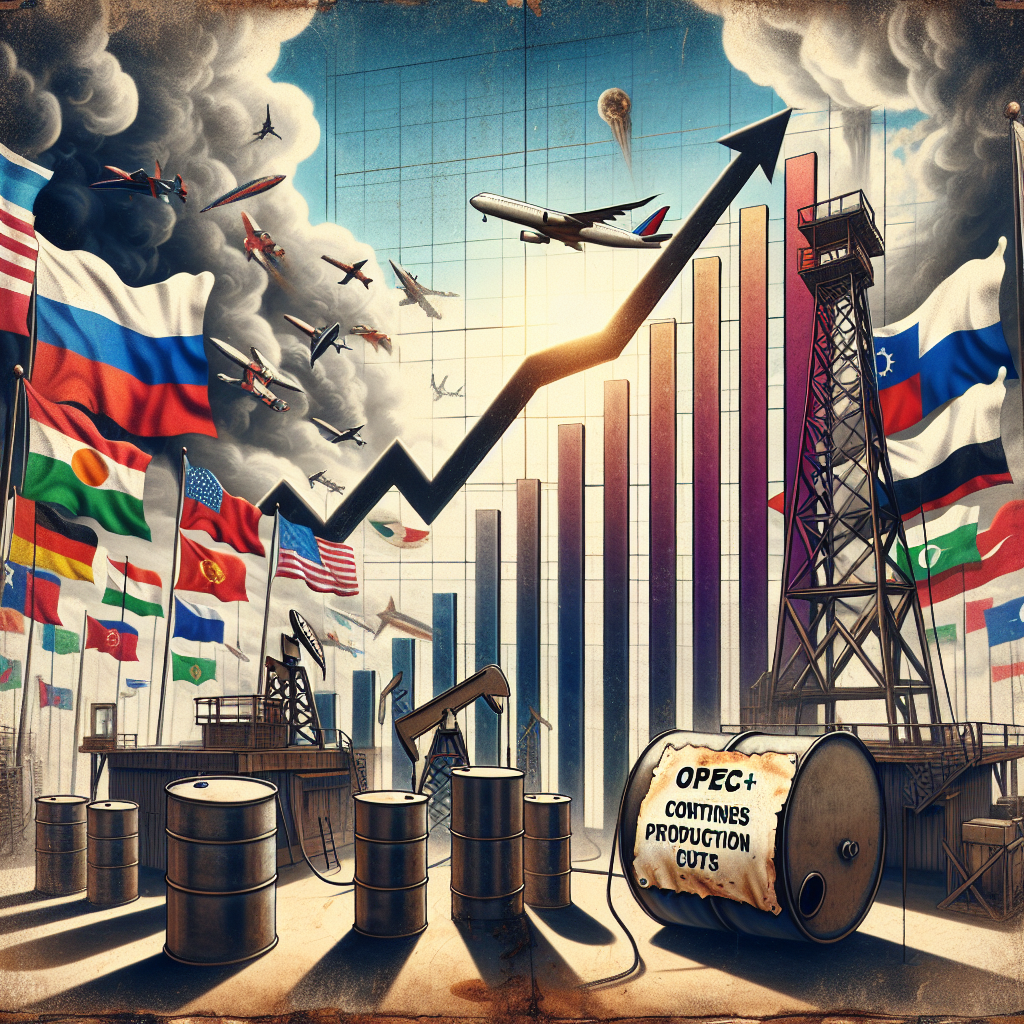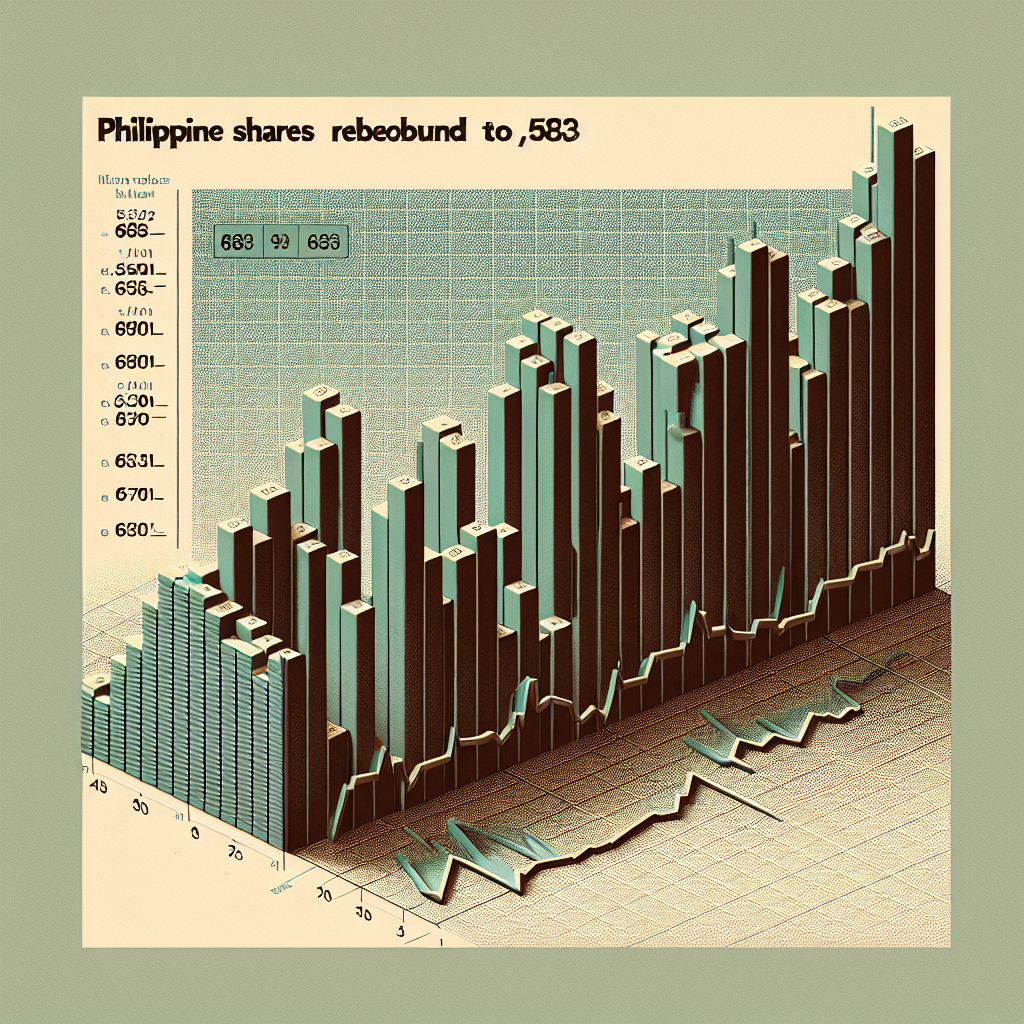The Impact of US Designated Drone Strikes on Russia’s Fuel Industry
The United States has recently designated drone strikes on Russia as fuel disruptors, a move that has significant implications for the fuel industry in Russia. This decision comes as part of the ongoing tensions between the two countries, with the US seeking to exert pressure on Russia through various means. By targeting the fuel industry, the US aims to disrupt Russia’s economy and weaken its position on the global stage.
Drone strikes have become an increasingly common tool in modern warfare, allowing countries to carry out precise and targeted attacks without putting their own troops at risk. The US has been at the forefront of this technology, using drones to carry out strikes in various conflict zones around the world. However, the designation of drone strikes on Russia as fuel disruptors represents a new development in the use of this technology.
The fuel industry is a critical component of any country’s economy, and Russia is no exception. As one of the world’s largest producers and exporters of oil and gas, Russia relies heavily on its fuel industry for revenue and economic stability. By targeting this industry, the US hopes to undermine Russia’s economic strength and force it to make concessions in other areas.
The impact of these designated drone strikes on Russia’s fuel industry is likely to be significant. The strikes could disrupt the production and transportation of oil and gas, leading to shortages and price increases both domestically and internationally. This would not only hurt Russia’s economy but also have ripple effects on the global energy market.
Furthermore, the designation of drone strikes as fuel disruptors sends a clear message to Russia that the US is willing to use all means necessary to achieve its objectives. It demonstrates the US’s willingness to escalate tensions and engage in unconventional warfare tactics. This could have broader implications for international relations, as other countries may take note of the US’s actions and adjust their own strategies accordingly.
The US’s decision to target Russia’s fuel industry through drone strikes also raises questions about the legality and ethics of such actions. While drone strikes have been used in the past to target individuals or military installations, designating them as fuel disruptors represents a new level of economic warfare. Critics argue that this move blurs the line between military and economic targets and could set a dangerous precedent for future conflicts.
In response to the US’s designation, Russia has condemned the move as an act of aggression and vowed to retaliate. The country has already taken steps to strengthen its defenses against drone attacks and has warned the US of the consequences of its actions. This escalation of tensions between the two countries further adds to the uncertainty and volatility in the global geopolitical landscape.
In conclusion, the US’s designation of drone strikes on Russia as fuel disruptors has significant implications for the fuel industry in Russia. By targeting this critical sector of the economy, the US aims to weaken Russia’s position on the global stage and force it to make concessions. The impact of these strikes could disrupt the production and transportation of oil and gas, leading to shortages and price increases. Furthermore, this move raises questions about the legality and ethics of using drones in economic warfare. As tensions between the US and Russia continue to escalate, the global geopolitical landscape becomes increasingly uncertain.




